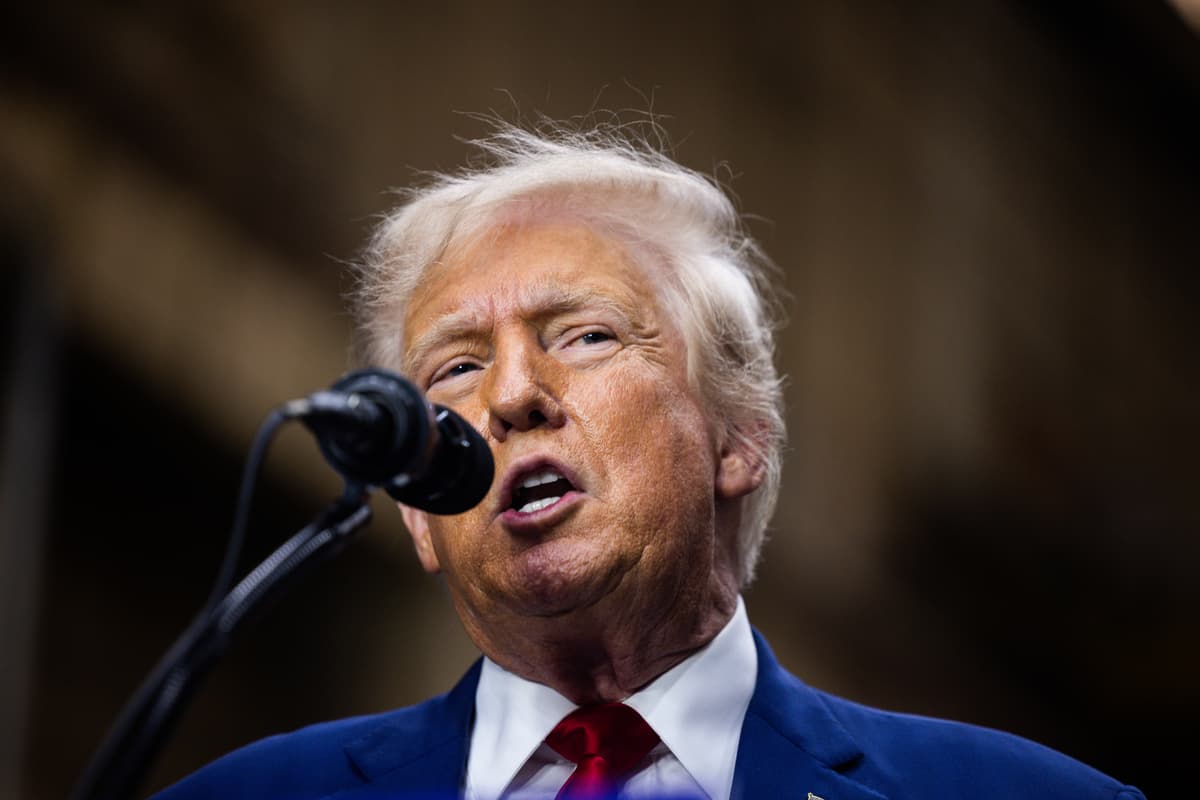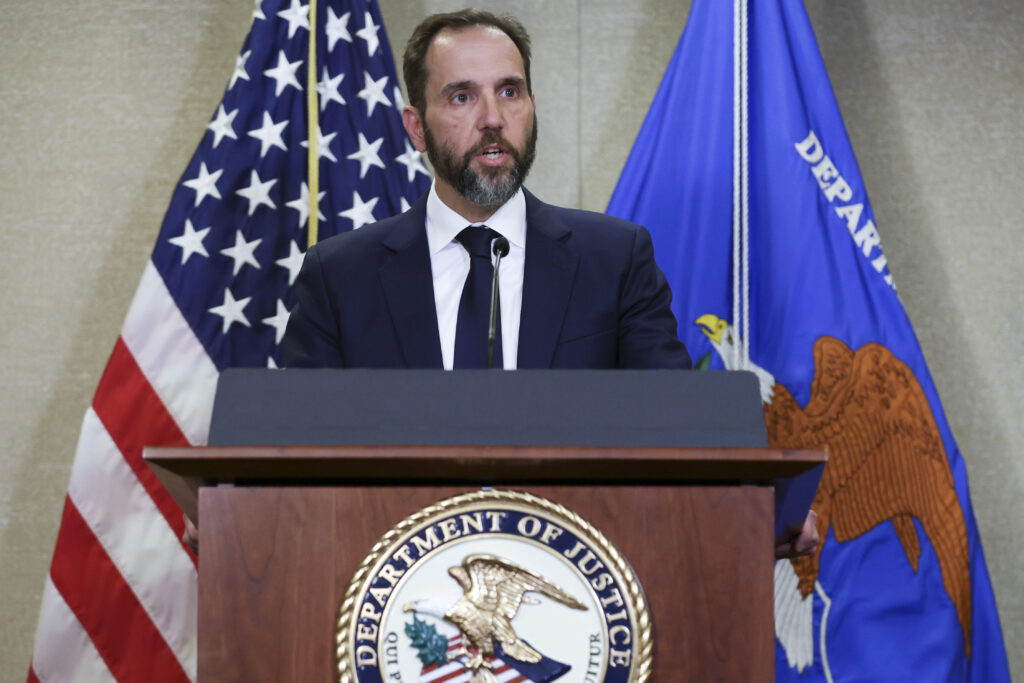Trump Scores Rare Win From Judge Chutkan on Secrecy, but He Is Struggling To Stop Jack Smith’s January 6 Avalanche
The trial judge denies the Fourth Estate’s request for sealed documents — because she has, in large part, already released them to the court of public opinion.

Judge Tanya Chutkan’s denial of a press coalition’s motion — the Sun was not a party — to unseal further evidence against President Trump is a temporary reprieve, though hardly a panacea, for the 45th president.
The group of press organizations already were given a large share of what they wanted when Judge Chutkan granted Mr. Smith’s motion to not only file his 165-page immunity opus, but also to unseal it to the public, albeit with redactions. Trump has argued that the document’s appearance in the court of public opinion wounds his jury rights, amounts to election interference, and violates the Department of Justice’s own policies.
The press, though, requested that Judge Chutkan further “unseal those filings with only those redactions that are both ‘essential to preserve higher values’ and ‘narrowly tailored to serve that interest.’” She has ruled that she will release the appendix to Mr. Smith’s immunity document later this week. Meanwhile, Trump has promised to “evaluate litigation options,” which could include a petition for a writ of mandamus to an appellate court.
Judge Chutkan’s hesitation to unseal even more information at this juncture could signal that she already has one eye on appellate review. Hedging on further disclosure after she has, as she puts it, already “agreed to unseal the Motion and Appendix with the Government’s proposed redactions” could be a way to stave off the kind of reversal that she has already suffered on the immunity issue.
Judge Chutkan defends her rebuff of the press as “consistent with both the common-law and First Amendment rights of public access to judicial proceedings.” She contends that the Constitution “does not compel unsealing any of the redactions that the court has approved,” like, say, the names of witnesses. It was Mr. Smith who during an earlier phase of the case asked Judge Chutkan to shroud in secrecy the names of witnesses.
The Supreme Court has held that the public and press have a presumptive First Amendment right of access to judicial proceedings in criminal cases. The key case, Richmond Newspapers, Inc. v. Virginia, dates from 1980. The majority found that “a presumption of openness inheres in the very nature of a criminal trial under our system of justice.” Trial judges, though, have wide latitude in determining what sees the light of day.

Now it is Trump who is working to keep the details of the so-called election interference against him under seal in the closing weeks of the presidential election. Judge Chutkan, though, has ruled that his “blanket objections to further unsealing are without merit” and that his “concern with the political consequences of these proceedings” is legally irrelevant.
Trump’s lawyers now are likely working on two parallel tracks. First, they could be weighing strategies to stop the release of Mr. Smith’s appendix, which is set to appear on Friday unless a higher court — possibly the Supreme Court — stays Judge Chutkan’s hand. While the supplement will be partially redacted, the evidence it contains could further focus the electorate on the events of January 6, 2021, just weeks before the election.
Trump has until Thursday to file a more prosaic motion, albeit one that bears greater import for his prospects for liberty. That is when his response is due to Mr. Smith’s argument that the Supreme Court’s grant of presidential immunity does not preclude the prosecution of Trump for January 6. The special counsel argues that the former president “must stand trial for his private crimes as would any other citizen.”
The 45th president calls this immunity argument, with its avalanche of evidence, a “monstrosity” and a “false hit job,” but he also has espoused the contention that Mr. Smith’s case for the case is untethered from what is now Supreme Court precedent. The special counsel’s second indictment, while slimmer than the first, retained reference to Trump’s interactions with Vice President Pence, though the justices presumed such evidence immune.
The immunity brief also dilates on the role of Mr. Pence in the events of January 6. Mr. Smith alleges that Trump, brooding by himself at the White House, responded when told that Mr. Pence could be in peril by saying, “So what?” The high court, though, reckoned that those colloquies present “difficult questions” of presidential immunity. It could soon have another occasion to deliver an answer — one with which Mr. Smith could be less than pleased.

